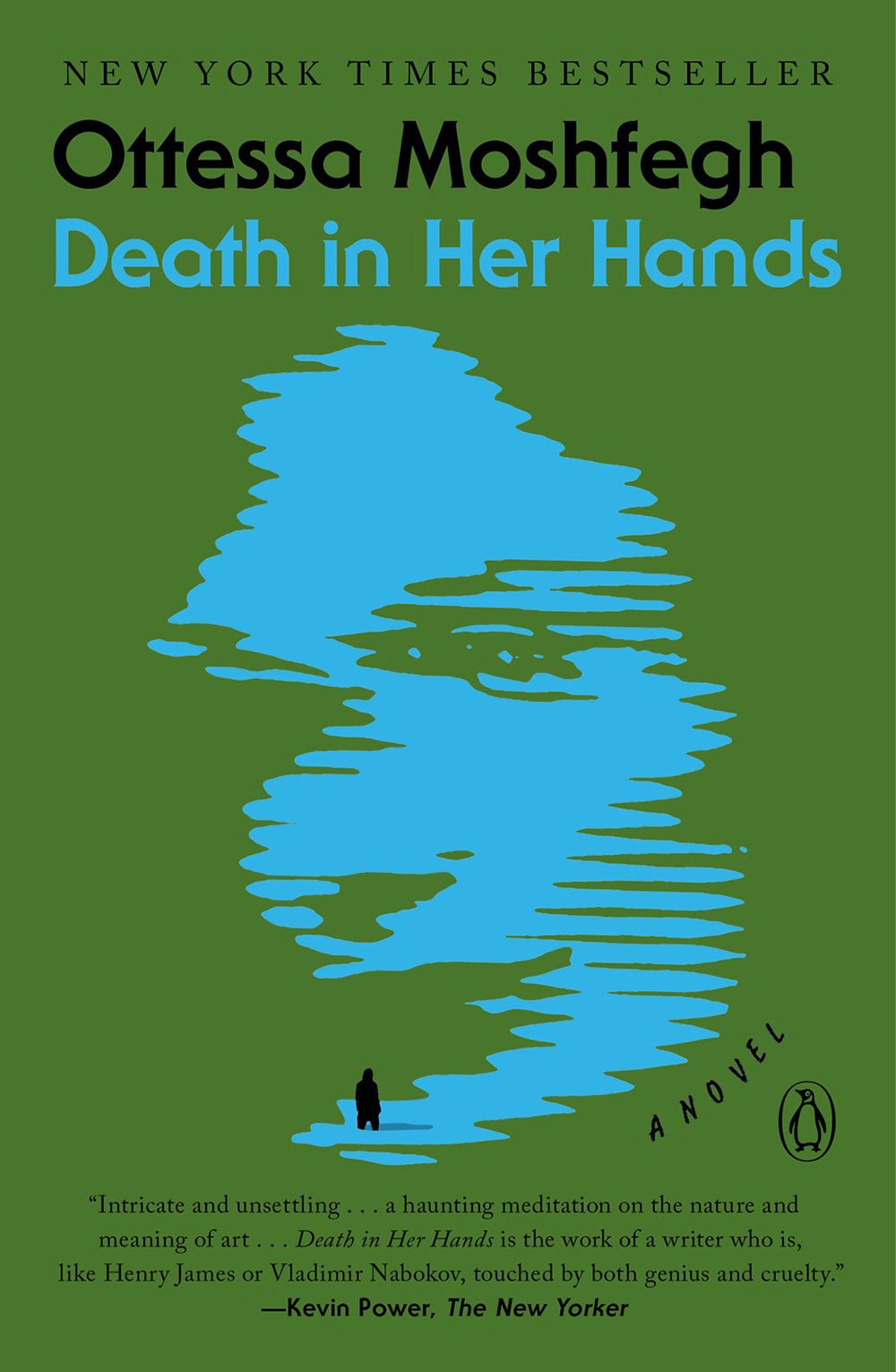A Harvard task force on antisemitism has gotten off to a rocky start, with complaints that the professor chosen to help lead the panel had signed a letter that was critical of Israel, describing it as “a regime of apartheid” for its treatment of Palestinians.
Harvard’s new interim president, Alan Garber, announced the formation of two “presidential task forces” on Friday, one to combat antisemitism and the other to combat Islamophobia and anti-Arab bias. The move came less than a month after his predecessor, Claudine Gay, was forced to step down over plagiarism accusations and criticism that she had been weak on reining in antisemitism.
But the choice for co-chair of the task force, Derek J. Penslar, a professor of Jewish history at Harvard, was met with opposition from Lawrence H. Summers, a former Harvard president, and Bill Ackman, a hedge fund manager whose relentless criticism of Dr. Gay helped bring about her downfall.
Dr. Penslar was among nearly 2,900 academics, clergy members and other public figures who signed an open letter in August, before the Hamas attack on Oct. 7, condemning the Israeli government and saying that it was determined to “ethnically cleanse all territories under Israeli rule of their Palestinian population.”
“Meanwhile,” the letter, written by a group called Academics4Peace, said, “American Jewish billionaire funders help support the Israeli far right.”
The same group circulated another letter in December with a call for a cease-fire and an exchange of hostages and prisoners in the Israel-Hamas war. Dr. Penslar did not sign that version.
The dispute over his selection shows that the long-running debate over what constitutes antisemitism still rages, with Dr. Penslar’s stance at odds with his critics.
Dr. Penslar said in a statement that he saw the task force as “an important opportunity to determine the nature and extent of antisemitism and more subtle forms of social exclusion that affect Jewish students at Harvard.”
But in a Dec. 29 opinion essay in the campus publication The Harvard Crimson, Dr. Penslar called for “a better understanding of what is — and is not — antisemitic.”
“Conflating criticism of Israel with antisemitism,” he said, “magnifies divisions within our Harvard community and stymies a common struggle against hatred.”
Harvard said in a statement that Dr. Penslar approached his work “with open-mindedness and respect for conflicting points of view.”
But for donors and critics, his worldview did not seem to fit the job description.
Mr. Ackman posted that with Dr. Penslar’s selection, Harvard “continues on the path of darkness.”
Jonathan Greenblatt, chief executive of the Anti-Defamation League, posted of Dr. Penslar’s appointment: “Lessons in how NOT to combat antisemitism, Harvard edition.”
Dr. Summers said in a social media post on Sunday that he had no quarrel with Dr. Penslar’s scholarship, and that he believed he was “a person of good will without a trace of personal antisemitism.”
“However,” he said, “I believe that given his record, he is unsuited to leading a task force whose function is to combat what is seen by many as a serious antisemitism problem at Harvard.”
Dr. Summers criticized Dr. Penslar for having a narrow view of antisemitism and for underestimating the university’s antisemitism problem.
“Could one imagine Harvard appointing as head of antiracism task force someone who had minimized the racism problem or who had argued against federal antiracism efforts?” he wrote. “This is yet another example of a double standard between antisemitism and other forms of prejudice.”
Several professors pushed back.
Criticism of Israel might not be popular in all circles, but it “is hardly a fringe position” among American and Israeli Jews, wrote Alison Frank Johnson, a history professor, and Steven Levitsky, a government professor, in an opinion essay on Monday in The Harvard Crimson.
They also expressed alarm at the outside pressure.
“Donors, right-wing politicians and activists are welcome to share their opinions, as is everyone in a free society,” they wrote, “but they cannot be allowed to de facto dictate university policies — for example, on regulating campus speech and protest — remove university leaders or veto appointments to important university task forces.”
Yehudah Mirsky, a professor of Near Eastern and Judaic Studies at Brandeis University, said that he would not have signed the letter calling the Israeli government an apartheid regime. But he said the rhetoric surrounding Dr. Penslar’s appointment did not do justice to “a wide-ranging cosmopolitan scholar.”
Dr. Mirsky, a dual U.S. and Israeli citizen, suggested that the backlash reflected the “supercharged” atmosphere on college campuses around the Israel-Hamas war, which he said seemed divorced from reality.
He described the tense scene on Oct. 7, as he took refuge in a bomb shelter in Jerusalem with his wife: “If I would have turned to her and said, ‘You know, this means the president of Harvard will have to resign,’ she would have looked at me like I was a lunatic.”





![Scream 7 Trailers Are Making Me Think [SPOILER] Has To Be The Killer Scream 7 Trailers Are Making Me Think [SPOILER] Has To Be The Killer](https://cdn.mos.cms.futurecdn.net/SB3efVqBwkiQ9NbuDBsTq8-1280-80.jpg)

